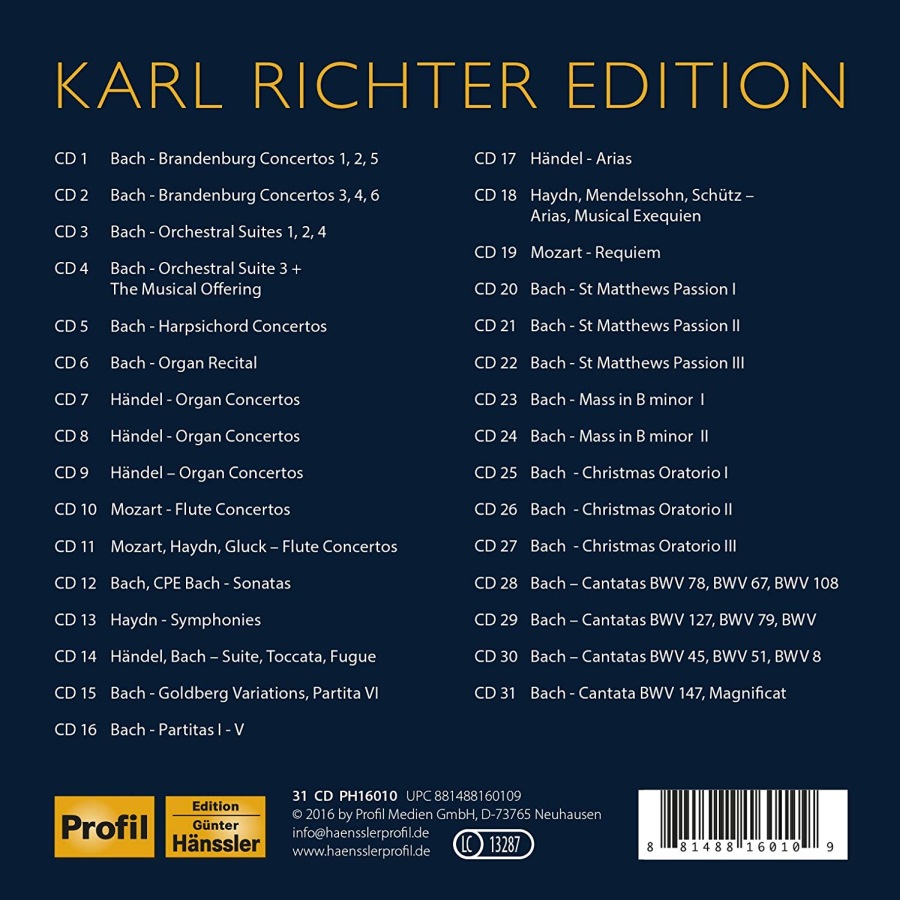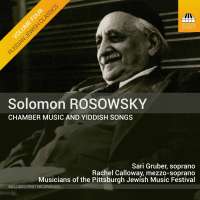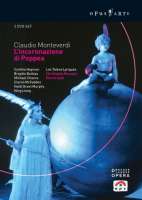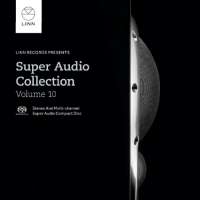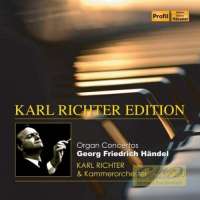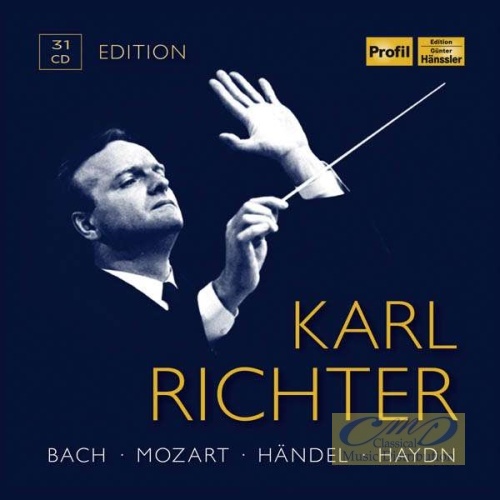
kompozytor
różni kompozytorzy
tytuł
Richter, Karl Edition - Bach; Händel; Mozart; Haydn, ...
pełny spis kompozytorów
Bach, Johann Sebastian;
Haydn, Joseph;
Mozart, Wolfgang Amadeus;
Bach, Carl Philipp Emanuel;
Scarlatti, Alessandro;
Gluck, Christoph Willibald
Haydn, Joseph;
Mozart, Wolfgang Amadeus;
Bach, Carl Philipp Emanuel;
Scarlatti, Alessandro;
Gluck, Christoph Willibald
wykonawcy
Münchener Bach-Chor;
Münchener Bach-Orchester;
Richter, Karl
Münchener Bach-Orchester;
Richter, Karl
nr katalogowy
PH 16010
opis
From 1952 onwards, the musician consistently developed Munich into the "Karl Richter metropolis" (Wolfgang Schreiber). He took over the Heinrich-Schütz circle, which was still committed to the music of the gifted early baroque master (1585-1672). With the change of name to the Munich Bach Choir in 1954, the change of style and direction was official, so to speak, and two years later the foundation of the Munich Bach Orchestra and the appointment as professor at the Musikhochschule strengthened the relationship with the Bavarian capital. Later, when he was offered the famous position of Thomaskantor as successor to his leading star Bach, h • e refused on the grounds that "I had built something in Munich that I could no longer give up". •
The foundations were followed by an unprecedented career. Unprecedented for an administrator of "early" music (this is how musicologists call European art music until 1750, the year of Bach's death), who did not celebrate the classical-romantic showpieces of orchestral literature like the other conductor "stars", but above all had to recreate the complex architecture of Bach's polyphony. But the "personality with genius traits" (Karl Schumann) increased fame consistently thanks to immense concert activity and not least countless recordings. •
However, the many record productions, concerts, tours and engagements - Richter also conducted the Ansbach Bach Week from 1955 to 1964, for example - were all a testament to the health of the harpsichordist, organist, choir and orchestra leader, researcher and father of the family (son Tobias was born in 1953, daughter Simone in 1961). Eyes and heart increasingly failed in their service. Karl Richter died of heart failure on 15 February 1981, just 54 years old, in a Munich hotel. The journalist Johannes Martin documented his formative role in musical life, his "singular life achievement" (Werner Pfister) in no less than seven volumes. The music listeners are left with his immense discographic legacy, of which this edition bears impressive witness. (pasja Mateuszowa) BWV 244
nośnik
CD
x 31
gatunek
Muzyka klasyczna
producent
Profil Medien
data wydania
27-09-2016
EAN / kod kreskowy
881488160109

(Produkt nie został jeszcze oceniony)
cena 189,00 zł
lubProdukt na zamówienie
Wysyłka ustalana indywidualnie.
Darmowa wysyłka dla zamówień powyżej 300 zł!
Darmowy kurier dla zamówień powyżej 500 zł!
sprawdź koszty wysyłki